Sky1’s new hospital drama Critical (Tuesday) can’t be accused of making a timid start. Within seconds, an urgent request had come over the loudspeaker system for ‘the trauma corps’ to head to the emergency department, causing the main members of the cast to sprint down various corridors at impressive speed. Meanwhile, a patient was briskly wheeled to the same department from a helicopter on the roof, pausing only to cough up blood all over the lift. Moments after that, the trauma corps were already exchanging the kind of rapid-fire medical speak — ‘Dullness to percussion on the left side!’— that most viewers mightn’t entirely comprehend but that clearly translates as variations on the phrase, ‘Uh-oh’. (I did, mind you, understand the sentence, ‘Is this anyone’s Twix?’)
And, as it turned out, things didn’t slow down from there — because Critical takes place in real time, with each episode concentrating on the apparently crucial first hour that follows a serious trauma victim’s arrival in hospital. The result on Monday was like a highly accelerated version of House, with the doctors having to work out what was making the patient (I’m pretty sure) go into VF just as he was supposed to have CT.
That it was also miraculously assured for an opening episode might have been more surprising if the series weren’t written by Jed Mercurio. A former doctor himself, Mercurio made his considerable TV name with Cardiac Arrest and Bodies, both much praised for their realistic — i.e. deeply alarming — depiction of medical life. (He went on to do the same with police life in Line of Duty.)
In fact, as Mercurio medics go, the team in Critical radiate an unusual degree of competence and concern. But they’re also up against NHS bureaucracy and the sort of hospital politics that saw their leader suspended halfway through, leaving young Fiona Lomos (Catherine Walker) to take all the big, grisly decisions in a brilliantly tense climax.
Along the way, too, Mercurio somehow found time to introduce a richly promising range of characters. Among them is Dr Angharad ‘Harry’ Bennett-Edwards (Kimberley Nixon), whose status as the newbie duly makes her the viewers’ representative — which in this case means that, while she might not always know precisely what’s going on, she’s definitely thrilled to be there.
Now, a documentary about trains mightn’t sound a huge departure for BBC4, but, given the target audience, Timeshift: The Nation’s Railway did start with a bravely unexpected claim — that steam wasn’t all it’s cracked up to be. Indeed, as various middle-aged blokes attested (with one particularly excited about the London to Midlands electrification scheme), only once dirty old steam had gone did British rail travel enter its true glory days. In the 1960s and 70s we finally ‘left Victorian engineering behind’ and created ‘the most frequent and reliable high-speed service in the Western world’. And just in case that wasn’t heretical enough, the programme also mounted a stout defence of the rebuilding of Euston — and even seemed to suggest Dr Beeching might have been on to something.
There was, however, one obvious omission. The key to British Rail’s transformation was the Intercity 125 — a train that ensured rave reviews from journalists when, during an early press trip, it performed an emergency stop without any of them spilling their beer. Yet, while the programme made the odd mention of the 125’s wildly successful advertising campaign, it didn’t supply even the slightest hint about who fronted it, as if the BBC’s desire to pretend Jimmy Savile never existed now goes much further than merely failing to repeat any of his editions of Top of the Pops.
At no point, therefore, did we learn that, in their quest for the right person, the advertisers set up an exhaustive series of focus groups to establish who was the single most trusted celebrity in Britain, among all ages and social classes. The answer, of course, was a certain jewellery-rattling DJ — which perhaps puts into question the blithe assertions we now make about how we could see through him all along. (Incidentally, if you do want to watch any of Savile’s BR ads, simply go to YouTube and search for ‘Intercity’ and ‘vile monster’.)
Finally, a briefer mention than it deserves for Channel 4’s Catastrophe — the dazzling sitcom written by and starring Sharon Horgan and Rob Delaney, which ended on Monday. Like its predecessors, the final episode was packed with lines that could have gone straight into any dictionary of comic quotations, but that were still rooted in characters with genuine psychological depth. Once again, it managed to be extremely rude, and occasionally world-weary without ever being sour. In what’s becoming a mini-golden age for more kindly comedy (Detectorists, Count Arthur Strong, Rev) Catastrophe makes it embarrassingly hard to avoid the words ‘instant’ and ‘classic’.
Got something to add? Join the discussion and comment below.
Get 10 issues for just $10
Subscribe to The Spectator Australia today for the next 10 magazine issues, plus full online access, for just $10.
You might disagree with half of it, but you’ll enjoy reading all of it. Try your first month for free, then just $2 a week for the remainder of your first year.

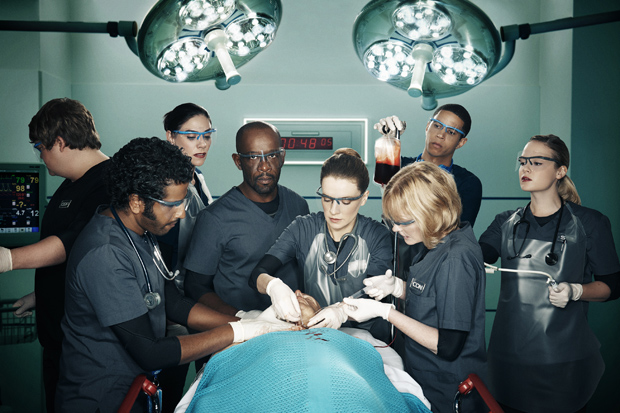
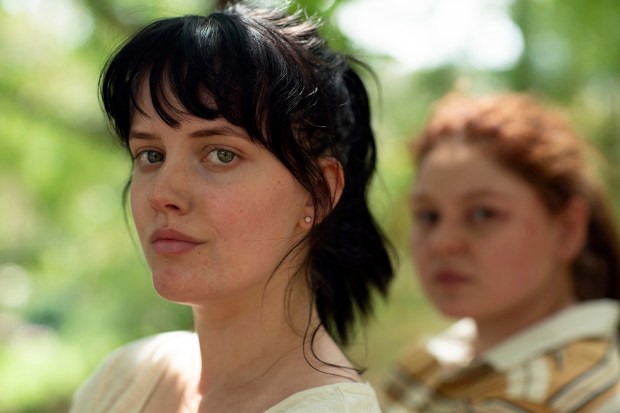
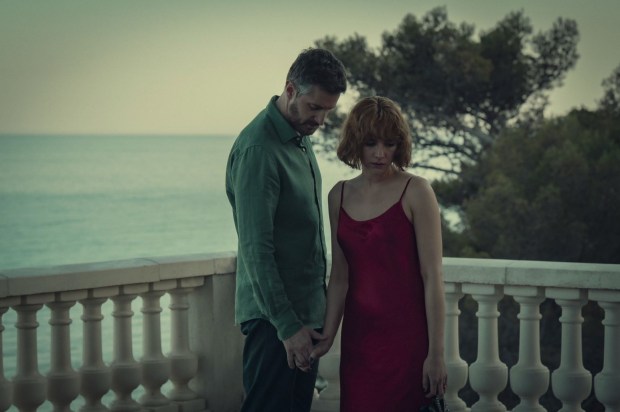
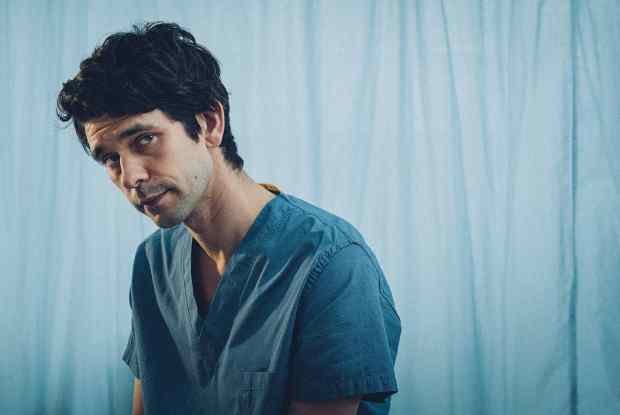
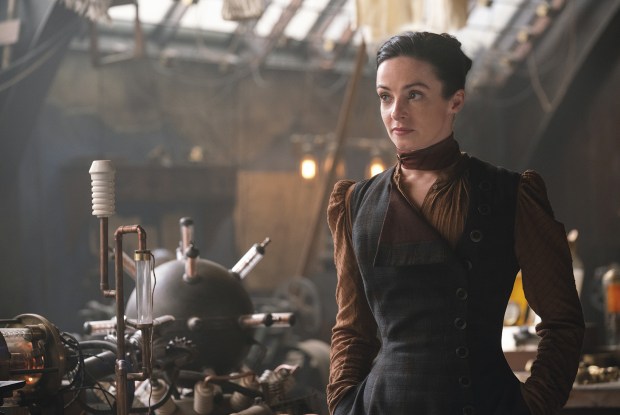

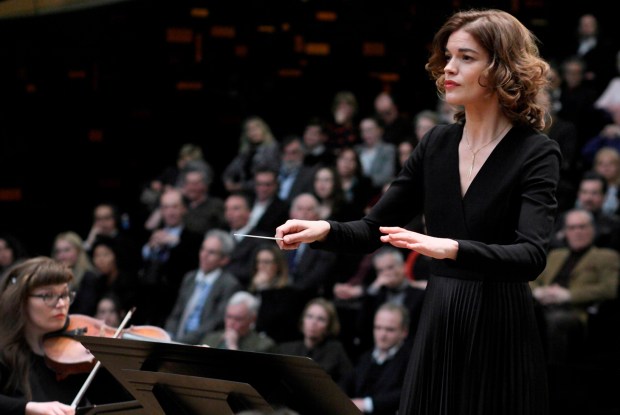






Comments
Don't miss out
Join the conversation with other Spectator Australia readers. Subscribe to leave a comment.
SUBSCRIBEAlready a subscriber? Log in